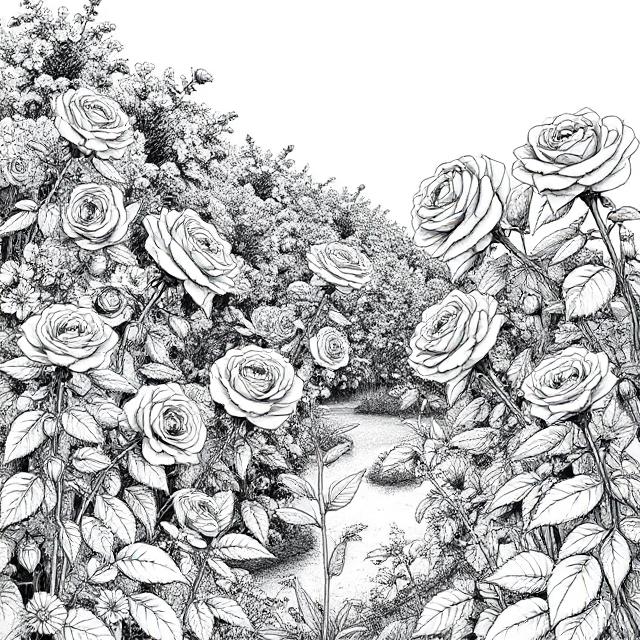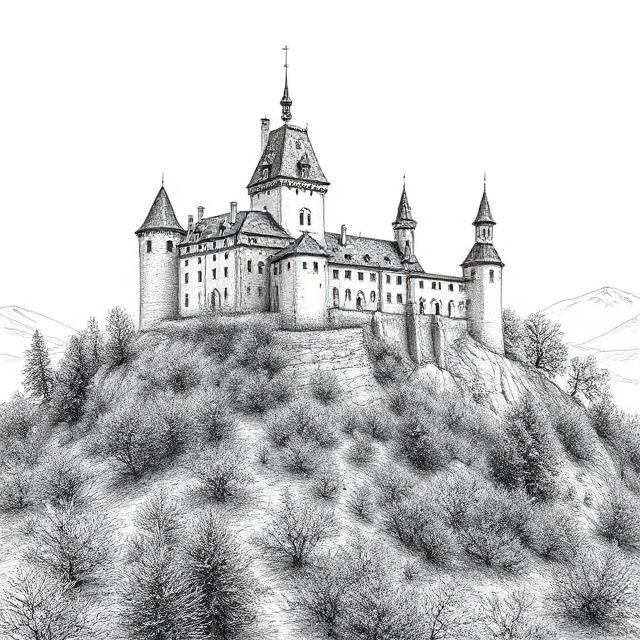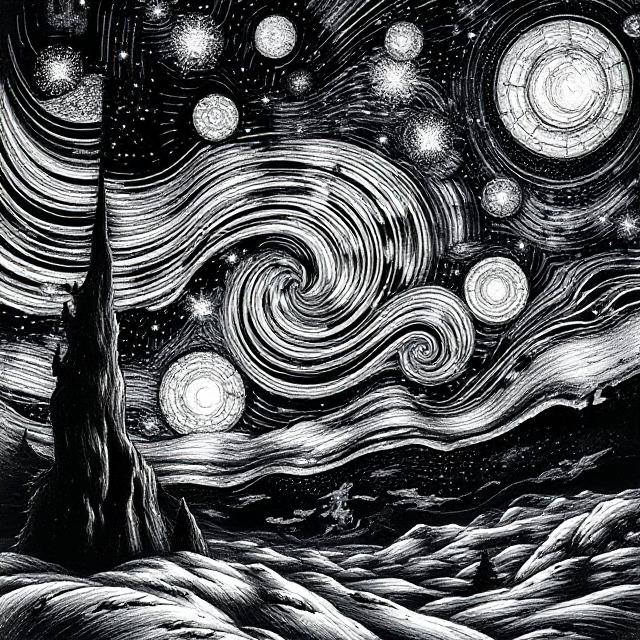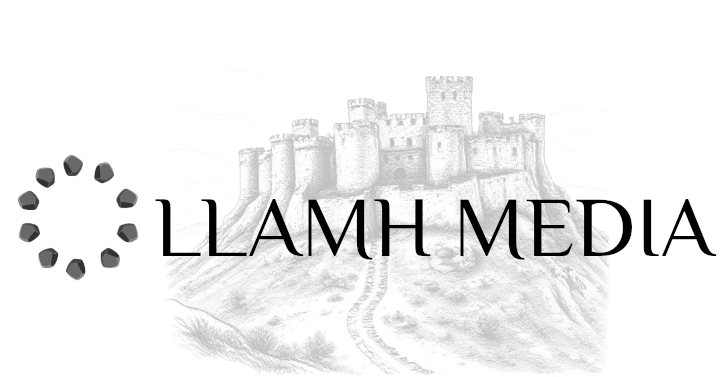“Islam came not to replace Europe, but to complete it. In the forgotten Islamic civilisations of Andalusia and Sicily, that coalescence became a golden age.”
When we think of Islamic history, we often look eastward—to Baghdad, Cairo, or Damascus. But the West has its own overlooked chapter: the flourishing of Islamic civilisation in Andalusia (modern-day Spain) and Muslim Sicily. These weren’t brief encounters; they were centuries of brilliance, tolerance, and cross-cultural fusion—driven not just by Arab or Berber influence, but also by local Indo-European converts who helped shape a uniquely European Islam.
Andalusia: The Radiant Heart of Western Islam
Islam reached the Iberian Peninsula in 711 CE, when Tariq ibn Ziyad, a Berber general, crossed the Strait of Gibraltar. But rather than erase the culture he found, Islam in Al-Andalus harmonised with it.
A Cultural Melting Pot
Al-Andalus became a beacon of coexistence and innovation. It was home to:
- Arab and Berber aristocrats
- Iberian Muslim converts (known as Muwalladun)
- Jews and Christians thriving under Muslim governance
- Latin-speaking elites inspired by new spiritual and intellectual frontiers
This wasn’t cultural replacement—it was cultural refinement. Islam in Spain wasn’t imposed; it was embraced.

A Renaissance Before the Renaissance
While much of medieval Europe struggled through feudal stagnation, Andalusia bloomed with progress:
- Cities like Cordoba, Seville, and Granada became intellectual hubs
- Ibn Rushd (Averroes), Ibn Hazm, and Ziryab reshaped philosophy, theology, music, and medicine
- Cordoba boasted 70 libraries, and some historians believe it was Europe’s largest city in the 10th century
Al-Andalus showed how Islam and European identity could not only coexist—but elevate one another.
Muslim Sicily: The Forgotten Garden
Sicily’s Islamic era (827–1091 CE) remains one of Europe’s best-kept historical secrets. During this period, the island flourished as a multicultural jewel of the Mediterranean.
A Cosmopolitan Mosaic
Muslim Sicily was home to a diverse population of:
- Latins
- Greeks
- Berbers and Arabs
- Jews
Many Greek- and Latin-speaking locals adopted Islam and actively contributed to its culture, science, and governance. The result? A distinct Romance-infused Arabic dialect, architectural marvels, and scientific knowledge that would later feed directly into the European Renaissance.

The Norman Continuation
Even after the Norman conquest, Sicily’s Islamic brilliance endured. King Roger II retained Muslim scholars, continued using Arabic in administration, and preserved Islamic art and science.
Why? Because the genius was undeniable.
Indo-European Converts: A Legacy of Integration
One of the most misunderstood aspects of Islamic history in Europe is the role of local converts. They didn’t disappear under Islam—they helped build its legacy.
European Muslims Who Shaped History
Some of the Islamic world’s brightest figures came from European roots:
- Ibn Hazm (Cordoba): Philosopher and theologian from a native Iberian family
- Ziryab: A cultural icon who revolutionized music, fashion, and dining in Al-Andalus
- Al-Idrisi (Sicily): A geographer who mapped the known world for a Norman king
These weren’t outsiders—they were European Muslims, shaped by revelation and rooted in their homeland.
Why It Matters Today: Rediscovering European Islam
Today, the idea of “European Islam” is often seen as new—or even suspect. But the reality is: it’s already part of Europe’s story.
Islam once flourished on European soil. It was not a foreign import, but a native expression of faith by Latins, Iberians, and Sicilians. The legacy of Andalusia and Sicily proves that Islam does not erase—it elevates.
To imagine a future for Indigenous European Muslims is not fantasy—it is remembrance.

Let Us Remember—and Rebuild
Islam’s power lies in its adaptability. From Persian poets to West African scholars, and from Java’s sailors to Europe’s philosophers, the faith has always translated itself into local genius.
So why not once more?
If Islam once inspired cities like Cordoba and Palermo, it can just as meaningfully thrive in Dublin, Berlin, or Marseille.
Let’s stop treating Islam as a visitor in Europe.
Let’s start remembering when it belonged.

